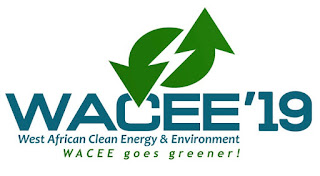SDG 2. No Poverty
Poverty is not having enough material possessions or income for a person's needs. Poverty may include social, economic, and political elements. Absolute poverty is the complete lack of the means necessary to meet basic personal needs, such as food, clothing and shelter.
Sustainable developmentis the organizing principle for meeting human development goals while simultaneously sustaining the ability of natural systems to provide the natural resources and ecosystem development upon which the economy and society depend. The desired result is a state of society where living conditions and resources are used to continue to meet human needs without undermining the integrity and stability of the natural system. Sustainable development can be defined as development that meets the needs of the present without compromising the ability of future generations to meet their own needs.
Goal 1: No poverty
Putting an end to poverty in all its forms remains one of the greatest challenges facing humanity. While the number of people living in extreme poverty dropped by more than half between 1990 and 2015, too many are still struggling for the most basic human needs.
Rapid growth in countries such as China and India has lifted millions out of poverty, but progress has been uneven. Women are more likely to be poor than men because they have less paid work, education, and own less property.
Progress has also been limited in other regions, such as South Asia and sub-Saharan Africa, which account for 80 percent of those living in extreme poverty.
Facts and figures
736 million
736 million people still live in extreme poverty.
10%
10 percent of the world’s population live in extreme poverty, down from 36 percent in 1990.
1.3 billion
Some 1.3 billion people live in multidimensional poverty.
50%
Half of all people living in poverty are under 18.
1 in 10
One person in every 10 is extremely poor.
80%
80 percent of people living on less than $1.90 are in South Asia and sub-Saharan Africa
Here are 10 steps Congress can take to cut poverty, boost economic security, and expand the middle class.
1. Create jobs
2. Raise the minimum wage
3. Increase the Earned Income Tax Credit for childless workers
4. Support pay equity
5. Provide paid leave and paid sick days
6. Establish work schedules that work
7. Invest in affordable, high-quality child care and early education
8. Expand Medicaid
9. Reform the criminal justice system and enact policies that support successful re-entry
10. Do no harm
"Resolve not to be poor: whatever you have, spend less. Poverty is a great enemy to human happiness; it certainly destroys liberty, and it makes some virtues impracticable, and others extremely difficult." "Give me the poverty that enjoys true wealth."





Comments
Post a Comment